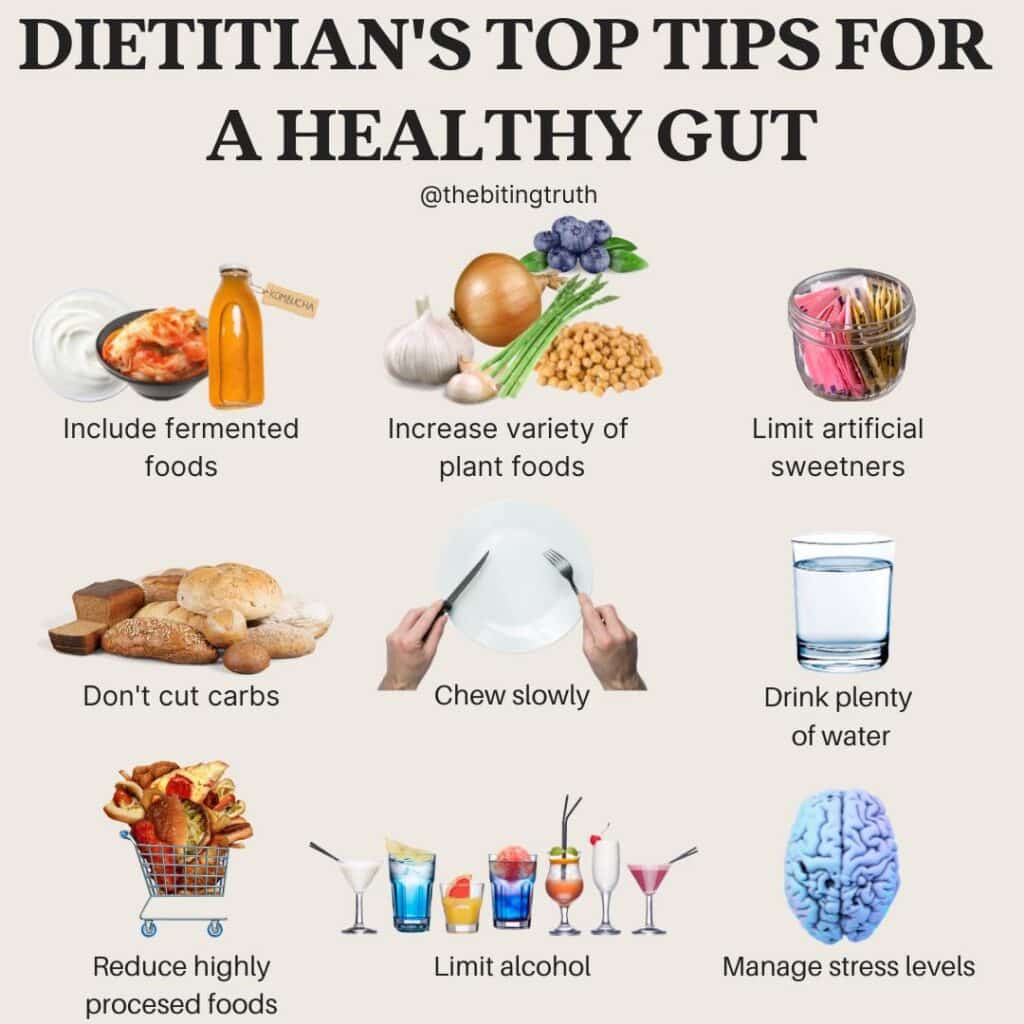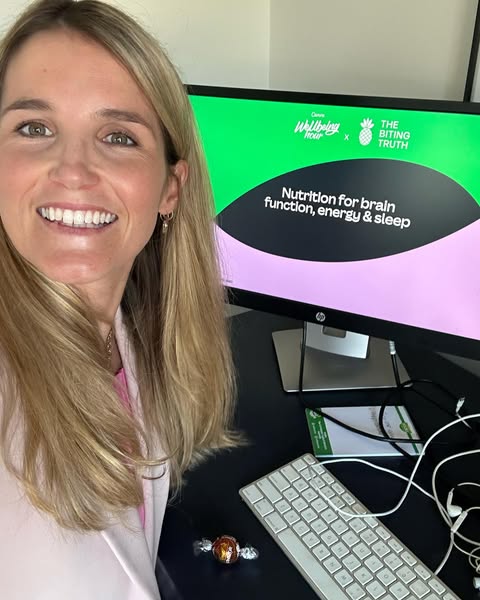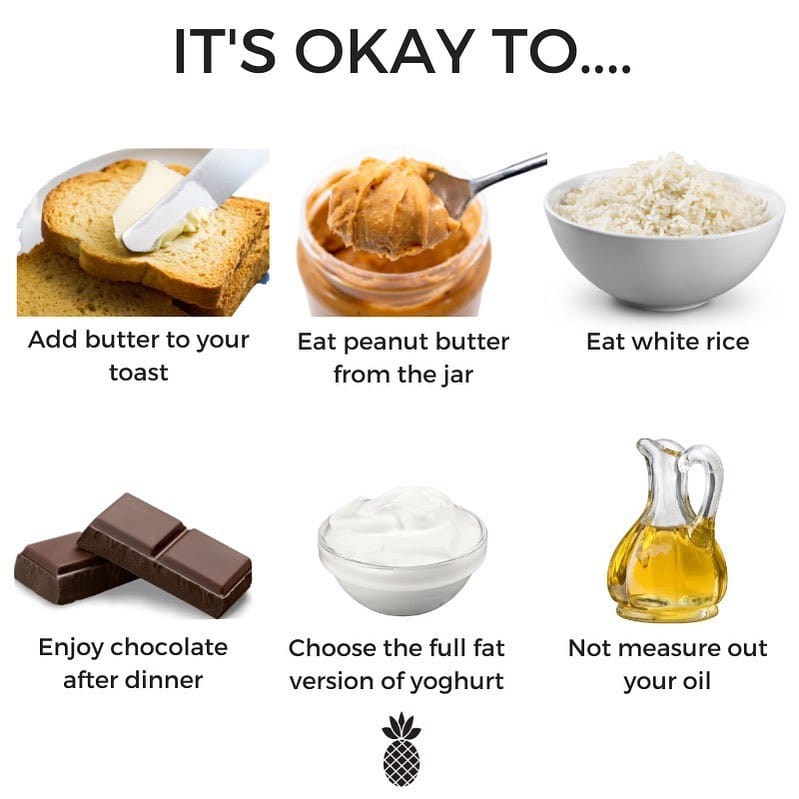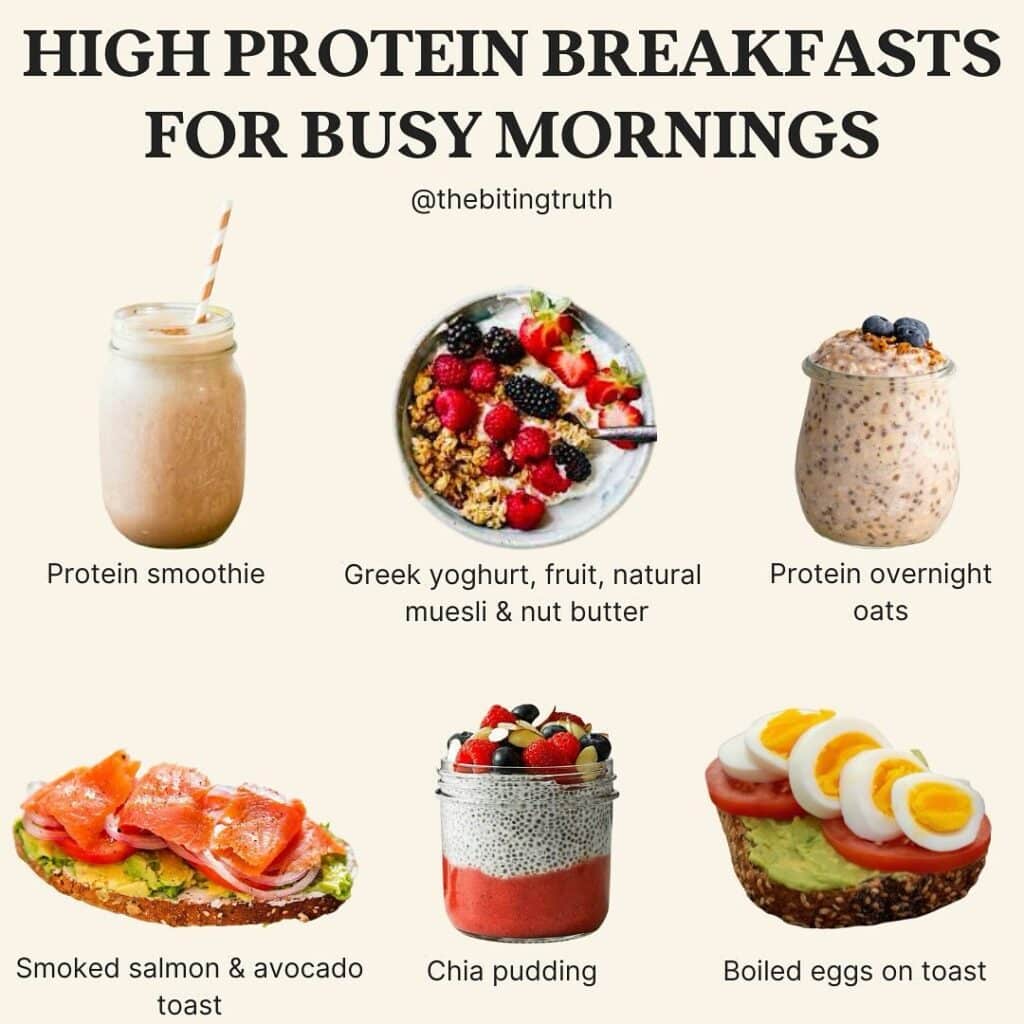Free shipping for orders over $80
Free shipping for orders over $80
At the beginning of the year, many of us make resolutions for the months to come. We resolve to work out more, save money, lose weight, eat healthier. Though some people stick with these aspirations, many of us fall short.
Before you start making a long list of new year resolutions, we want you to stop and reflect on the year that’s been. Did you achieve the resolutions that were set? If yes – then great! If no – then you need to stop and ask yourself why?
Here are 7 ideas for new year habits you might consider:
Do you enjoy meat, yet want to eat more plants? It’s time to ditch the all or nothing approach!
You don’t have to cut all animal products out of your life cold-turkey to get the benefits of a plant-based diet. Simply decreasing the amount of meat and increasing the amount of plant foods (vegetables, fruits, nuts, legumes and wholegrains) in your diet can do wonders for your health and the environment.
Eating more plants can improve heart health, reduce cancer risk, help with weight loss, reduce greenhouse gas emissions and even help you stick to your budget! Reap these benefits by making the small commitment of going meat-free for just one day per week this year. If you’re stuck for ideas for your next meatless meal, check out these recipes.
Start 2020 on the right foot and master meal prep once and for all.
If you follow us on Instagram, you will have noticed we regularly talk about the importance of meal prep. Whether you’re trying to eat better, lose weight, gain muscle or just feel better; the key habit you need to adopt in order to succeed is food preparation.
Meal prep does not have to be done on the weekends. Do it when it suits your schedule. If you’re making your kids lunchboxes in the morning, make your lunch then too or dedicate 30 minutes two nights a week to some meal prep. Start by preparing single ingredients that you can keep in the fridge and mix and match to create meals throughout the week. Some of our favourite ingredients to meal prep are:
How often do you eat on autopilot? We’ve all wolfed down lunch at our desk or brekkie on the way to work and then been left wondering two minutes later where it all went and why we’re still hungry.
When it comes to eating, what many of us could benefit from is the practice known as ‘Mindful Eating’. Mindful eating aims to heighten your awareness around the actual eating experience. It brings the focus to your physical presence and how you are feeling internally. A large number of studies have demonstrated that mindful eating can help in identifying unhealthy behaviour patterns around food; for example, eating too much, or eating when you’re not actually hungry and don’t need to eat.
Choosing to eat more mindfully doesn’t mean a complete life overhaul. Start by choosing to eat one meal per day more mindfully, e.g. breakfast, lunch or dinner. Here are some of our top tips to start being more mindful at meal times:
Fad diets, detoxes, and unrealistic weight loss plans that promote dramatic losses of 20kg’s in two weeks may sound appealing. Yet a month into these extremes, you’re hungry, deprived, and downright exhausted from keeping up with all the “rules” these plans set for you. Restriction is not exactly living your best life.
So this year, rather than signing up to the latest tea-toxes or wasting your money away on cleanses – choose to change your eating habits for life.
Here’s how:
While most resolutions tend to be about exercising or eating more healthily, we are adamant sleep is just as important (and so is the science)! Getting around seven to eight hours of sleep per night is considered the norm, however, don’t get too hung up on the number. Yes it’s important to ensure you get enough but it’s also about the quality of sleep you get.
Here’s how you can aim to improve the quality of your sleep:
Check out these 9 foods for a good night’s sleep.
We hear people say all the time “I’m concerned I don’t drink enough water” – so if this is you, make sure this is one of your goals!
Over half of our body is made up of water. Water helps us carry out basic, day-to-day functions. Not to mention, it keeps us healthy and energetic. How much fluid you need will depend on your gender, age, activity levels and the outside temperature. Requirements are different during pregnancy and breastfeeding. You can use the values below as a rough guide:
Here’s how you can boost your water intake:
Exercise is essential for good health. But setting goals is the easy part – the hard part is achieving them.
One thing we’ve found that works well for our clients is signing up for a race (e.g. fun run, marathon, triathlon, ocean swim). This can help provide the momentum and motivation you need to get started. Plus, most races cost money, so you’ll create a financial investment and obligation to fulfil.
—
Notes:






